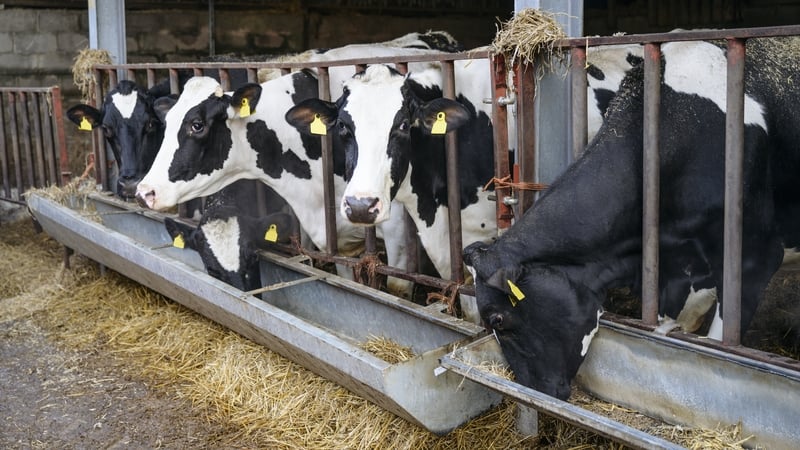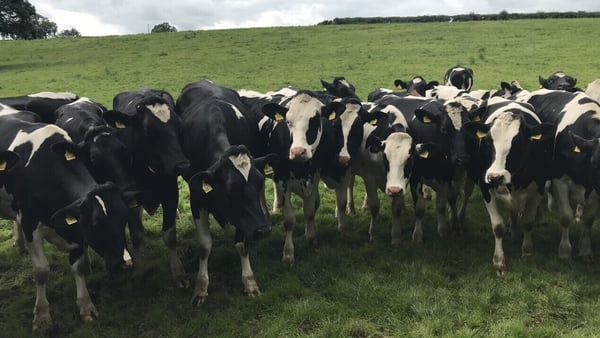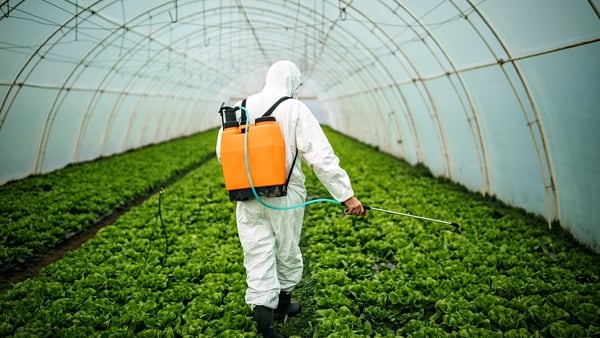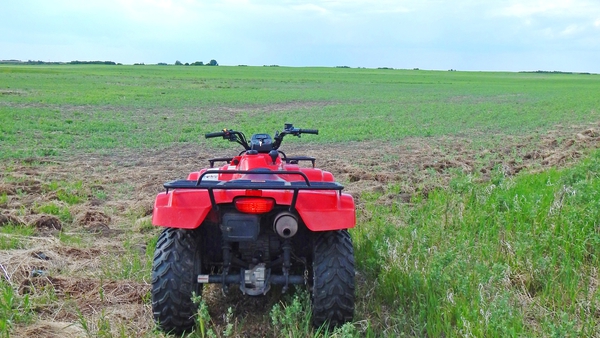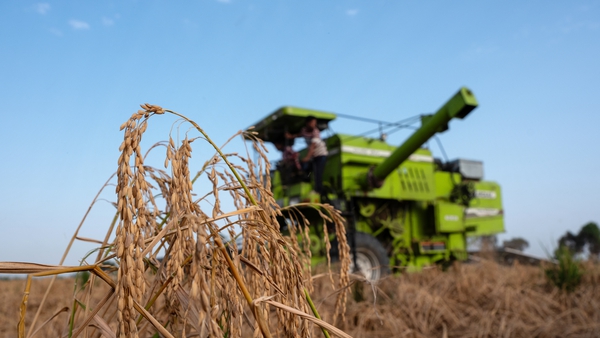The European Commission has decided to restrict the provision of flexibility on nitrates rules affecting more than 3,000 Irish dairy and beef farmers from the first of January.
Many farmers may have to reduce stocking rates as a result.
The farmers have been availing of a nitrates derogation that allowed them higher stocking rates on their farms.
But that arrangement was dependent on Ireland delivering on a commitment to improve water quality.
The Government has failed to do this.
The commission's response means that, from next year, the farmers affected will have three ways to meet the new, reduced limits on nitrates.
These include reducing animal numbers, increasing the amount of land they have, or finding someone to take slurry from their holdings.
The Department of Agriculture had initially said that 7,000 farmers would be affected by the change, but later revised that downwards to 3,000.
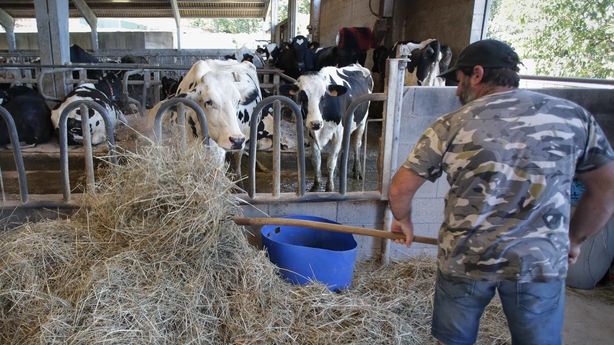
Regulations aimed at reducing water pollution from nitrates mean that, across Europe, farmers are only allowed to produce 170kg of organic nitrogen per hectare on their farms.
Ireland's derogation agreement with the commission allowed a minority of more intensively stocked farmers to produce 250kg per hectare.
However, because of the water quality issues, the limit for Irish derogation farmers will now fall to 220kg per hectare.
The reduced limit will be in place until the end of the current nitrates agreement Ireland has with the commission on 31 December 2025.
'Hold onto' new derogation
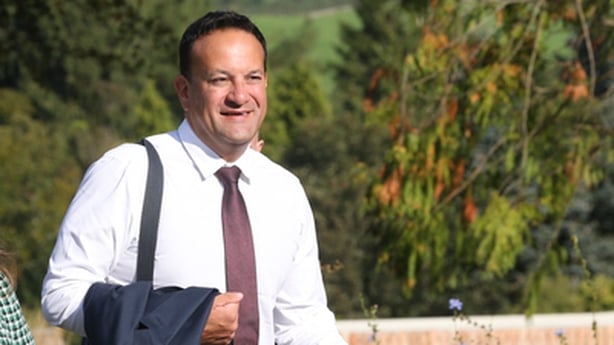
In response to calls from the Irish Farmers Association (IFA) for him to intervene, Taoiseach Leo Varadkar said that the Government has done all that it can.
"But ultimately it's a decision that the commission makes and are simply not willing to grant an extension to allow us to stay at 250 (kg nitrogen/ha)," Mr Varadkar said.
"The real thing we have to make sure now is that we hold the 220, and we're one of maybe three countries in Europe that have that derogation, and maybe the last one.
"And we want to make sure we hold onto that."
This is a priority for the Government given its impact on the dairy industry and farm family incomes in particular, he added.
We need your consent to load this rte-player contentWe use rte-player to manage extra content that can set cookies on your device and collect data about your activity. Please review their details and accept them to load the content.Manage Preferences
'Make necessary arrangements'
Arguing that the derogation should have been retained in full, farmers said that their recent efforts to improve water quality had not been taken into account when the commission conducted its assessment.
Minister for Agriculture Charlie McConalogue held a virtual meeting with EU Commissioner for the Environment Virginijus Sinkevicius on Monday to put Ireland's case.
Mr McConalogue today encouraged farmers to act to get within the new limits.
"It is critical now that derogation farmers, with the help of their advisors, make the necessary arrangements to manage their holdings", he said.
"My department will be issuing N and P Statements to farmers shortly to assist in that task.
"In the meantime, we must continue to do everything we can to improve water quality so that we can make a credible case for the renewal of the derogation in 2026."
